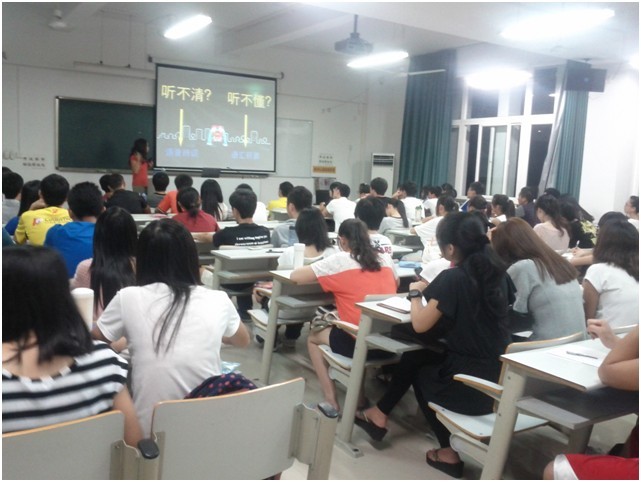 返回
教育头条
返回
教育头条

大学英语六级仔细阅读练习题 英语四六级报名
小编为备考英语六级的同学整理了仔细阅读练习题,希望可以为大家带来帮助,预祝大家高分通过大学,一起来练习吧。
Questions 61 to 65 are based on the following passage. A bull grazes on dry wheat husks(Phi) in Logan, Kansas, one of the regions hit by therecord drought that has affected more than half of the U. S. and is expected to drive up foodprices. Leadinu water scientists have issued one of the sternest warnings yet about global foodsupplies, saying that the world's population may have to switch almost completely to avegetarian diet over the next 40 years to avoid catastrophic shortages.
Adopting a vegetarian diet is one option to increase the amount of water available to growmore food in an increasingly climate-unstable world, the scientists said. Animal protein-richfood consumes 5 to 10 times more water than a vegetarian diet. One third of the world'sarable(适于耕种的) land is used to grow crops to feed animals. Other options to feed peopleinclude eliminating waste and increasing trade between countries in food surplus and those indeficit. "900 million people already go hungry and 2 billion people are malnourished in spite of thefact that per capita food production continues to increase," they said. "With 70% of allavailable water being in agriculture, growing more food to feed an additional 2 billion peopleby 2050 will place greater pressure on available water and land. " The report is being released at the start of the annual world water conference inStockholm, Sweden, where 2,500 politicians, UN bodies, non-governmental groups andresearchers from 120 countries meet to address global water supply problems.

Competition for water between food production and other uses will intensify pressure onessential resources, the scientists said. "The UN predicts that we must increase foodproduction by 70% by mid-century. This will place additional pressure on our 'alreadystressed water resources, at a time when we also need to allocate more water to satisfy globalenergy demand--which is expected to rise 60% over the coming 30 years--and to generateelectricity for the 1.3 billion people currently without it," said the report. Overeating, undernourishment and waste are all on the rise and increased food productionmay face future constraints from water s
Questions 61 to 65 are based on the following passage. A bull grazes on dry wheat husks(Phi) in Logan, Kansas, one of the regions hit by therecord drought that has affected more than half of the U. S. and is expected to drive up foodprices. Leadinu water scientists have issued one of the sternest warnings yet about global foodsupplies, saying that the world's population may have to switch almost completely to avegetarian diet over the next 40 years to avoid catastrophic shortages.
Adopting a vegetarian diet is one option to increase the amount of water available to growmore food in an increasingly climate-unstable world, the scientists said. Animal protein-richfood consumes 5 to 10 times more water than a vegetarian diet. One third of the world'sarable(适于耕种的) land is used to grow crops to feed animals. Other options to feed peopleinclude eliminating waste and increasing trade between countries in food surplus and those indeficit. "900 million people already go hungry and 2 billion people are malnourished in spite of thefact that per capita food production continues to increase," they said. "With 70% of allavailable water being in agriculture, growing more food to feed an additional 2 billion peopleby 2050 will place greater pressure on available water and land. " The report is being released at the start of the annual world water conference inStockholm, Sweden, where 2,500 politicians, UN bodies, non-governmental groups andresearchers from 120 countries meet to address global water supply problems.

Competition for water between food production and other uses will intensify pressure onessential resources, the scientists said. "The UN predicts that we must increase foodproduction by 70% by mid-century. This will place additional pressure on our 'alreadystressed water resources, at a time when we also need to allocate more water to satisfy globalenergy demand--which is expected to rise 60% over the coming 30 years--and to generateelectricity for the 1.3 billion people currently without it," said the report. Overeating, undernourishment and waste are all on the rise and increased food productionmay face future constraints from water s
以上就是教育宝头条带来的详细介绍,想要查看更多四级六级考试资讯,敬请关注教育宝头条,也可以加我微信18560125702,我会解答你的学习问题。返回教育宝头条
【免责声明】本文仅代表作者本人观点,与教育宝无关。教育宝对文中陈述、观点判断保持中立,不对所包含内容的准确性、可靠性或完整性提供任何保证。请读者仅作参考,特此声明!





